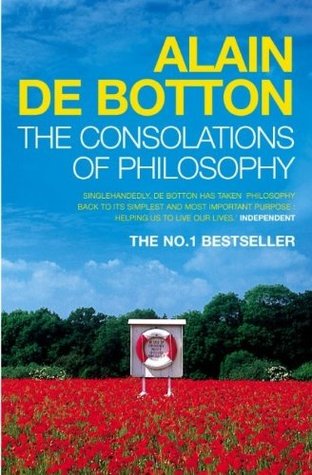More on this book
Community
Kindle Notes & Highlights
Why? Because no one is able to produce a great work of art without experience, nor achieve a worldly position immediately, nor be a great lover at the first attempt; and in the interval between initial failure and subsequent success, in the gap between who we wish one day to be and who we are at present, must come pain, anxiety, envy and humiliation. We suffer because we cannot spontaneously master the ingredients of fulfilment.
We must learn to suffer whatever we cannot avoid. Our life is composed, like the harmony of the world, of discords as well as of different tones, sweet and harsh, sharp and flat, soft and loud. If a musician liked only some of them, what could he sing? He has got to know how to use all of them and blend them together. So too must we with good and ill, which are of one substance with our life. And some 300
Raphael had not spontaneously come into possession of his talents; he had become great by responding intelligently to a sense of inferiority that would have led lesser men to despair.
Don’t talk about giftedness, inborn talents! One can name all kinds of great men who were not very gifted. They acquired greatness, became ‘geniuses’ (as we put it) through qualities about whose lack no man aware of them likes to speak: all of them had that diligent seriousness of a craftsman, learning first to construct the parts properly before daring to make a great whole. They allowed themselves time for it, because they took more pleasure in making the little, secondary things well than in the effect of a dazzling whole.
if you experience suffering and displeasure as evil, hateful, worthy of annihilation, and as a defect of existence, then it is clear that [you harbour in your heart] … the religion of comfortableness. How little you know of human happiness, you comfortable … people, for happiness and unhappiness are sisters and even twins that either grow up together or, as in your case, remain small together.
[A]ctions are right in proportion as they tend to promote happiness, wrong as they tend to produce the reverse of happiness. By happiness is intended pleasure, and the absence of pain; by unhappiness, pain, and the privation of pleasure.
climb. He also offered a suggestion for town-planners: The secret for harvesting from existence the greatest fruitfulness and the greatest enjoyment is – to live dangerously! Build your cities on the slopes of Vesuvius!


